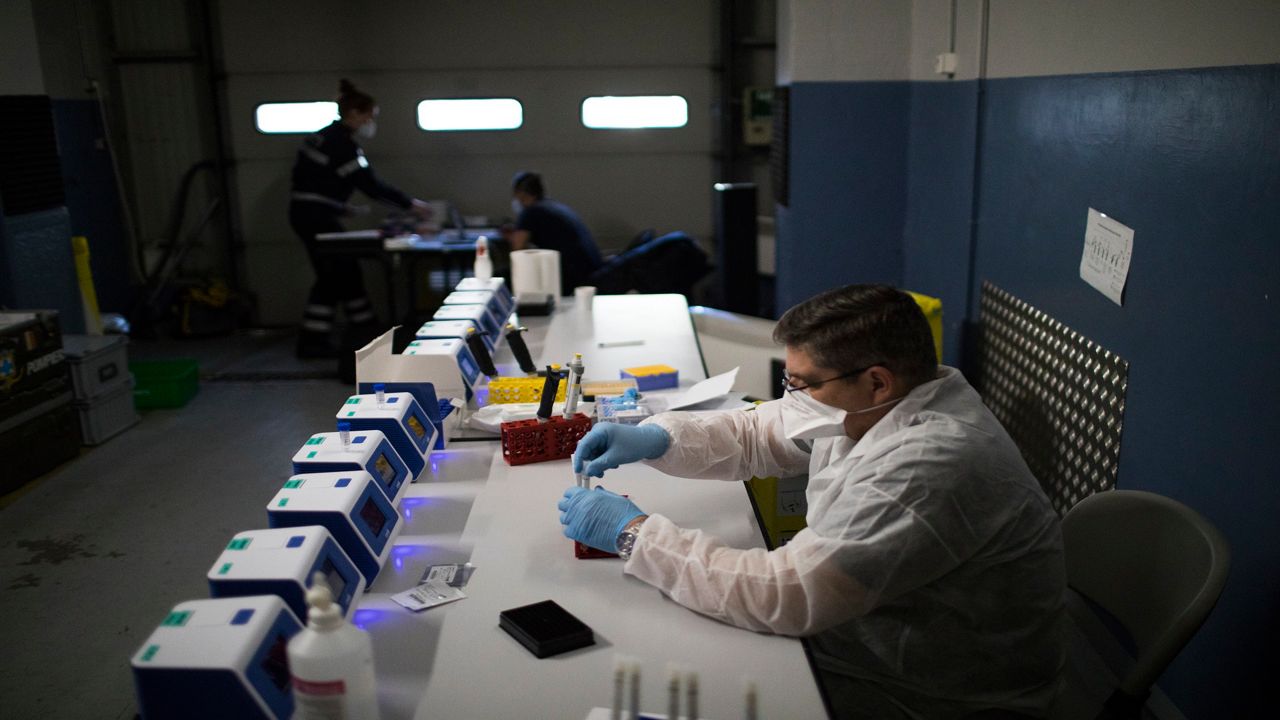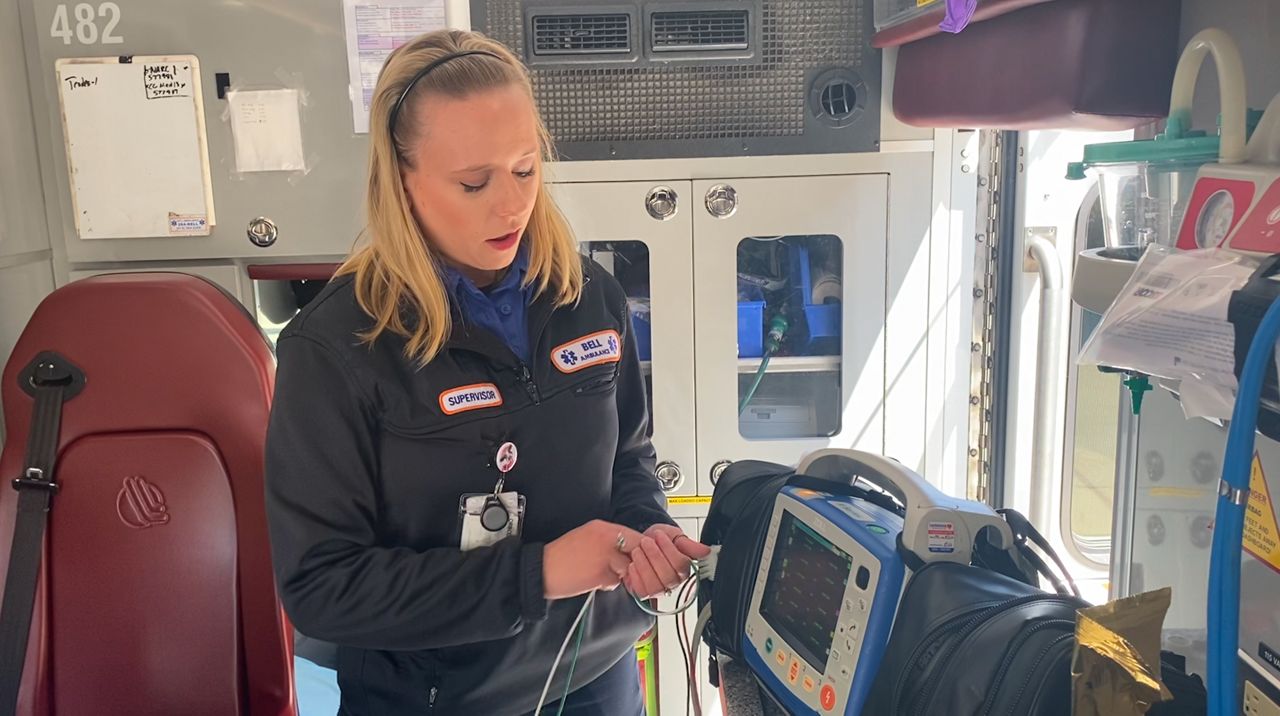WISCONSIN— Wisconsin Department of Health Services started sharing information on two additional coronavirus variants in the Badger State on Thursday, April 8.
Variants B.1.427 and B.1.429 were first identified in Wisconsin in Dec. 2020. These variants are believed to have started circulating in California, and were first discovered in California in May 2020.
According to a news release, Wisconsin DHS began tracking these publicly in accordance with classification updates the Center for Disease Control and Prevention made in mid-March. Strains B.1.427 and B.1.429 were initially classified as "variants of interest" but are now noted as "variants of concern," according to the news release.
Wisconsin DHS said in the news release that they use CDC criteria to publicly report variants of concern.
According to their website, the CDC classifies stains of COVID-19 as variants of concern when:
A variant for which there is evidence of an increase in transmissibility, more severe disease (increased hospitalizations or deaths), significant reduction in neutralization by antibodies generated during previous infection or vaccination, reduced effectiveness of treatments or vaccines, or diagnostic detection failures.
More information on that classification criteria can be found here.
"With new variants spreading in Wisconsin, we are updating our variant data page to include more detail about where these variants are being detected,” said Wisconsin DHS deputy secretary Julie Willems Van Dijk. “Because these new variants of concern spread more easily than the original strain of SARS-CoV-2, it is important to get vaccinated when you are able. Vaccines, along with our other public health practices, give the virus less of an opportunity to spread and mutate.”
Wisconsin DHS said that B.1.427 and B.1.429 have a lot of similarities. The only notable difference between the two, per DHS, is their spike in protein mutations.
Wisconsin DHS said both variants spread more rapidly and easily than the original strain of coronavirus. However, the health department noted that they are not as easily transmissible as the B.1.1.7 and B.1.351 variants, both present in Wisconsin.
Wisconsin has 216 confirmed cases of the B.1.427 and B.1.429 variants.




